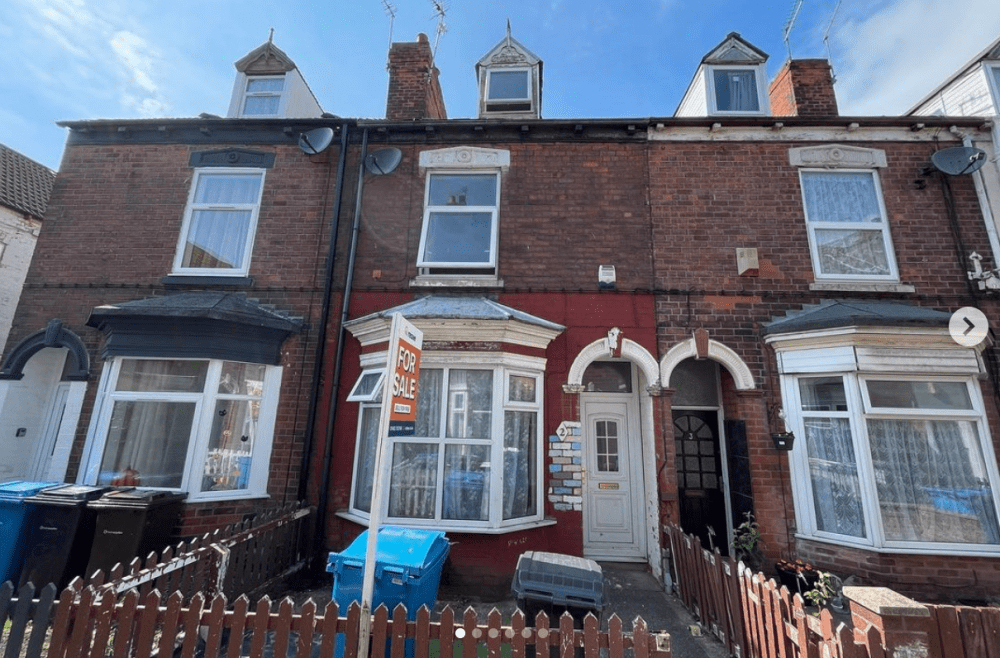Before parting with your ‘right to buy’ property, it’s a good idea to get your head around all the ins and outs of these transactions.
Understanding the basic legalities and permutations of what’s involved can potentially stop the walls from caving in around you, metaphorically speaking.
It really does pay to be clued up; knowing about the repayment of discounts, how they’re applied, the various timescales involved, who you’re able to sell the property to and any other practicalities that might apply.
Being prepared can ultimately save tenants a lot of stress and unexpected hassle in the long run.
What are the legalities around selling a right to buy home?
According to the .gov website, here’s a list of 10 legalities that come into play when selling your right to buy home.
- Selling within 10 years: If you sell your home within 10 years of buying it through Right to Buy, you must first offer it to either: your old landlord or another social landlord in the area at full market value.
- Other buyers: You can sell your home to anyone if the landlord does not agree to buy it within eight weeks.
- Selling to relatives: You may not have to pay back the discount if you transfer ownership of your home to a member of your family.
- Rural homes: Your former landlord may limit who you can sell your home to if your home is in: a national park, an area of outstanding natural beauty and/or an area designated by the Government as rural for Right to Buy purposes.
- Rural restrictions: When you buy in these areas, the sale will be on the condition that you may only resell it to someone who has been living or working in the area for three years.
- Paying back discount: You’ll have to pay back some or all of the discount you got if you sell your Right to Buy home within five years of buying it.
- How much discount to pay back: You’ll have to pay back all of the discount if you sell within the first year. After that, the total amount you pay back reduces to: 80% of the discount in the second year, 60% of the discount in the third year, 40% of the discount in the fourth year and 20% of the discount in the fifth year.
- Valuation: The property should be sold at the full market price agreed between you and the landlord. If you cannot agree, a district valuer will say how much your home is worth and set the price. You will not have to pay for their valuation.
Can the council just take my property back?
Personal circumstances can always change. Sometimes, regardless of how hard we try, or how disciplined we attempt to be, we simply have no control over them.
Financial situations can hit complications out of the blue and consequently worsen, or our health — either physically, mentally or both — can have resounding implications on our ability to function cohesively.
Your home is your home once all the paperwork in a right to buy transaction has been completed, but there are circumstances, in usually extreme cases, where ownership of properties can be rescinded.
One such example of this would be if you’re unable to keep up the repayments on your mortgage or loan. However, the issue would be with the particular lender, who may go to court and ask to take over your home, rather than the local authority.
Ordinarily, a council would not be able to reclaim the property once the deeds have been placed in your name. The property is lawfully yours and the only way that the landlord would be able to take back ownership is if the occupant opted to resell their home.
Can you sell your right to buy property for cash?
There is nothing in law that specifies how a Right to Buy purchase should be financed.
All options are welcome; whether buyers pay upfront in cash, whether they take out a loan or mortgage, or whether a family member or third party representative finances the transaction.
However, legal ownership of the property can only be in the names of the eligible tenant/s and other eligible applicants.
The Right to Buy scheme can also make property cash purchases more realistic as tenants are given a discount on the market value of their home.
The longer you have been a tenant, the more discounts you get. The maximum discount you can receive is £87,200 unless your home is in London where the maximum discount is £116,200.
The maximum discounts will increase on April 6 each year if the Consumer Price Index increases.
Fail to prepare, prepare to fail
Poor planning often leads to poor performance.
Reading the terms and conditions, or the well-hidden small print, will no doubt save you a major headache further down the line.
Getting a general gist of eligible buyers, sale restrictions and any applicable repayments will have you well-prepared for the sales transaction.
Give yourself an advantageous head-start, in order to be prepared for all eventualities, and pray for smooth sailing.
If you liked this article, you’ll also enjoy:

